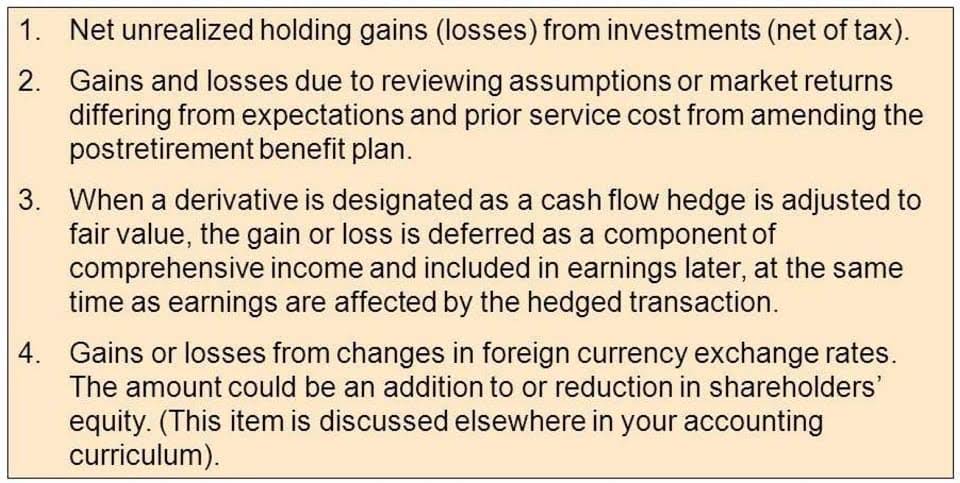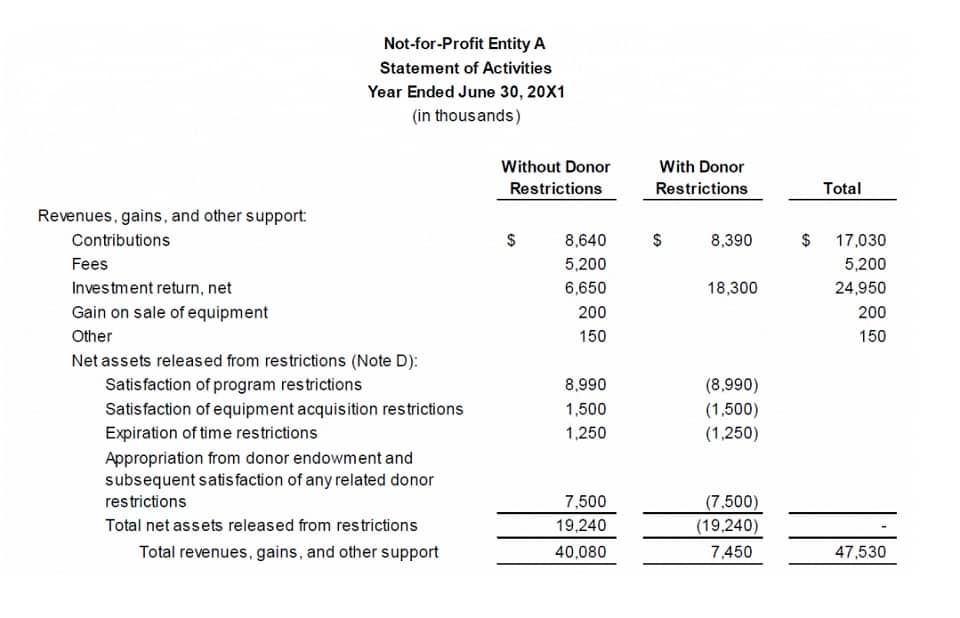
It truly depends on what a business determines to be the most important for their operations in any given situation. Any actual difference comes down to an individual company’s overall business processes and how they meet their customers’ needs. Deloitte refers to one or more of Deloitte Touche Tohmatsu Limited, a UK private company limited by guarantee (“DTTL”), its network of member firms, and their related entities. In the United States, https://urbannestestate.com/static-budget-what-it-is-and-how-it-can-serve-as-a/ Deloitte refers to one or more of the US member firms of DTTL, their related entities that operate using the “Deloitte” name in the United States and their respective affiliates.

What are the Differences Between Successful Efforts and Full Cost Accounting?

It caters to small and medium-sized businesses, focusing on financial management, production tracking, and cost control. Accounting in the oil and gas industry is a specialized field that requires a deep understanding of both financial principles and sector-specific practices. The complexity arises from the unique nature of exploration, extraction, and production activities, which involve significant capital investment and long-term project timelines. Engaging consulting firms with expertise in oil and gas accounting can offer valuable insights and support for financial management initiatives. These firms provide specialized expertise to address industry-specific challenges and optimize financial processes. Establishing robust internal controls is essential for preventing fraud and financial mismanagement within oil and gas companies.

The Net Asset Value (NAV) Model
Instead, you assume that the company adds nothing to its reserves and that it produces 100% of its reserves until it runs out of natural resources completely. For E&P companies, there’s an alternate intrinsic valuation methodology called the Net Asset Value (NAV) model that often gives more accurate results. You do still see DCFs sometimes, but they are more common for midstream, downstream, and oilfield services companies. The good news is that most of the same valuation methodologies you’re used to seeing – public comps, precedent transactions, and even the DCF model – still apply to (most) oil, gas & mining companies. Energy companies’ income statements do not have the usual Cost of Goods Sold / Gross Profit and Operating Expense distinction that you see for normal companies. Features include budgeting functionality, helping your team track project costs effectively.
Common Oil & Gas Accounting Issues + Proposed Solutions
- Then, you add up and discount everything based on the standard 10% discount rate used in the Oil & Gas industry (no WACC or Cost of Equity here).
- It requires a deep understanding of industry-specific processes, accounting standards, and regulations.
- Harrison is very involved with the University of Tulsa, where he earned a degree in MIS and Accounting.
- Estimating these liabilities can be challenging due to the uncertain nature of environmental impact and regulatory requirements.
- Estimates of reserves for individual properties may not reflect the same level of confidence as estimates of reserves for all properties, due to the effect of aggregation.
This certification is designed to validate your skills and knowledge and can significantly enhance your professional credentials, boosting your career prospects in the competitive oil and gas sector. Specialized software solutions streamline complex contribution margin processes, while continuous learning keeps teams ahead of industry changes. Rigorous internal controls mitigate risks, and real-time reporting capabilities enable faster, more informed decision-making in this dynamic industry. The oil and gas industry changes frequently, with new regulatory requirements and evolving best practices.
Enrolling in one of our training courses for oil and gas professionals is simple and convenient. Navigate to the specific course page, click “Enroll Now,” and complete the registration form. Oil and gas accounting requires a combination of industry-specific knowledge, robust systems, and ongoing professional development. We have identified key strategies that set successful companies apart in this complex field.


We provide professional accounting services to businesses and individuals, with a focus on small business bookkeeping and taxes. Oil and gas accountants contribute to strategic planning initiatives by providing financial analysis and forecasting. By leveraging financial data, companies can make informed decisions regarding resource allocation and investment strategies. We believe the oil and gas industry is at the beginning of the back-office technological revolution. Over the next decade, companies will see a fundamental transformation of how they can eliminate waste, streamline accounting, and automate daily tasks, as well as reduce overall G&A.
- Engaging consulting firms with expertise in oil and gas accounting can offer valuable insights and support for financial management initiatives.
- Companies often rely on discounted cash flow (DCF) analysis, a method projecting future cash flows and discounting them to present value using a weighted average cost of capital (WACC).
- International operations add complexities, including transfer pricing regulations and foreign tax credits.
- Another feature is its customizable templates for invoices, ensuring your documents reflect your brand.
- Utilizing accounting software that allows for real-time tracking and reporting of joint venture activities can enhance transparency and reduce disputes.
Oil and gas accountants play a pivotal role in the oil and gas financial accounting energy industry by ensuring financial stability, compliance, and efficiency within oil and gas companies. By adhering to best practices and leveraging industry-specific knowledge, accountants contribute to the long-term success and sustainability of oil and gas operations. As the energy landscape continues to evolve, the demand for skilled oil and gas accounting professionals is expected to remain high, underscoring the critical importance of their role in the oil and gas industry.
